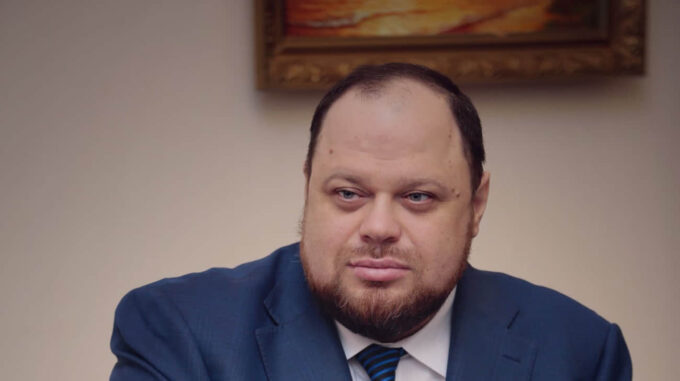The Chairman of the Verkhovna Rada, Ruslan Stefanchuk, expressed his firm position regarding potential changes in Ukraine’s mobilization policy, hinting that in the near future, the parliament is unlikely to consider an initiative to lower the conscription age

This was made clear in his interview with Hromadske Radio, where he emphasized that the Ukrainian parliament previously reduced the age threshold from 27 to 25 years and implemented specific programs that allowed for voluntary enlistment of individuals aged 18 to 24 into the armed forces. This indicates that policy changes in this area have occurred before, and recent steps or initiatives to lower the conscription age are unlikely to gain parliamentary support. “I don’t think the parliament will be playing around with the conscription age in any way,” Stefanchuk emphasized. “I believe that the issue of lowering the mobilization age will not be brought back onto the agenda.” He highlighted the importance and necessity of preserving Ukraine’s young generation under 18, as this category is currently facing daily threats of attack and destructive consequences of Russian aggression. According to the speaker, these teenagers and young people, who will soon be involved in rebuilding destroyed infrastructure and shaping Ukraine’s future, require special attention and protection. Comparing this position with previous statements, it is worth noting that on September 20, 2024, deputy and member of the parliamentary defense committee, Serhiy Rakhmanin, emphasized that the General Staff of the Armed Forces of Ukraine does not plan to lower the mobilization age from 60 to 50 years. This demonstrates a high level of caution and concern for the country’s security regarding changes in the conscription policy. At the same time, a completely different stance was expressed by former Donald Trump national security adviser and congressman Mike Wolff. In January 2025, he believed that to stabilize the front, Ukraine needed to involve as many young, capable fighters as possible, and advocated for lowering the mobilization age to recruit hundreds of thousands of new soldiers. In his view, this would be a necessary step to strengthen the country’s defensive position. A truly decisive position in this context was taken by Ukrainian President Volodymyr Zelensky, who on January 14, 2025, emphasized that the primary task of the Ukrainian army is not human resources but weapons and technical equipment. Zelensky stressed that providing modern technology and high combat readiness is more important than any changes to the age limits for mobilization. This reflects a strategic approach to defense, focused on enhancing Ukraine’s ability to defend itself and recover from destroyed territories. Thus, the internal and international discourse surrounding mobilization and age restrictions in military service remains tense and multifaceted. Despite various proposals and perspectives—ranging from calls by Western politicians to lower the mobilization age to Ukraine’s effort to safeguard its young generation while maintaining strategic stability—the Ukrainian parliament currently demonstrates caution and restraint. This approach aims at preserving the potential of youth and the country’s strategic development in the long term, with special attention to security and national integrity.

